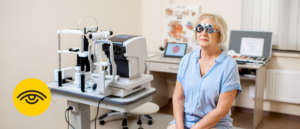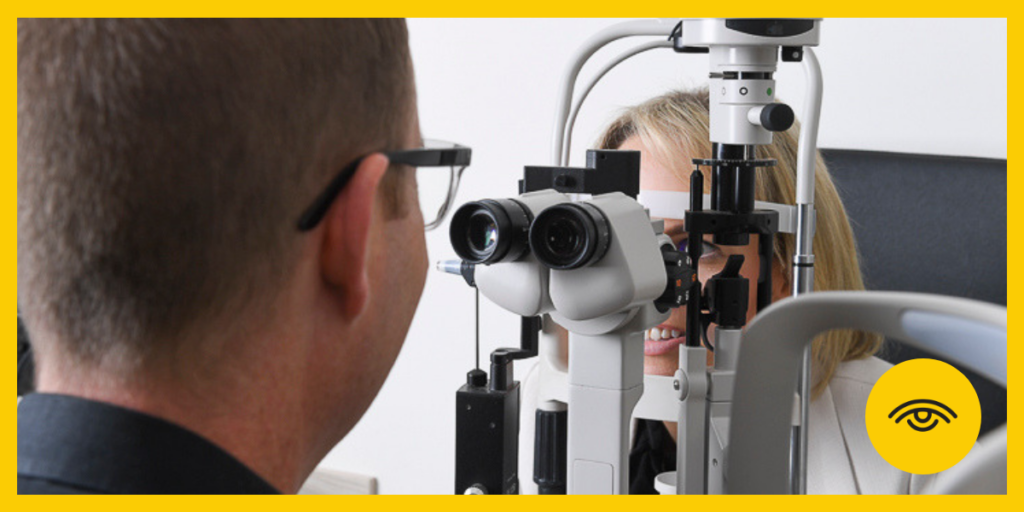

Elderly eye health – encouraging your parents to get their eyes checked
Just like physiotherapy and regular doctor appointments, elderly eye health is an important aspect to growing older. We know it can be difficult to encourage


The term ‘cataracts’ is probably a familiar one, but do you understand what they are, how they occur and what the condition means for those affected?
Did you also know that cataracts are the most common cause of blindness worldwide, and of vision loss in those aged 40+?
A cataract is a cloudiness that forms in the lens of the eye. Responsible for focusing our vision both up close and further away, lenses are mostly made up of protein and water. Each lens in arranged in a way that allows light to pass through to the rest of the eye. If these proteins clump together over time, the result is cataracts.
There’s a variety of circumstances that can influence the development of cataracts. UV radiation, diabetes, hypertension, obesity, family history, previous eye injury or surgery, certain medications and therapies, high levels of nearsightedness, gradual wear and tear and excessive alcohol consumption are just some of factors that can contribute.
With age being the common denominator in those affected, cataracts are often mislabeled as an “age-related condition”. While it’s true that those aged 60 and over are most likely to experience vision loss due to cataracts, the condition often begins in your 40s and 50s. Middle-aged people may form small spots of cloudiness, which often doesn’t impact vision until later years.
While there’s debate over whether cataracts can be prevented, studies show that certain nutrients may reduce the risk of being affected. Specialists recommend ensuring your diet contains vitamin E, the carotenoids Lutein and Zeaxnthin, and antioxidants like vitamin C and omega-3 fats. Reducing alcohol consumption, assessing any current medication for side-effects and wearing polarized sunglasses can also help.
Cloudy or blurry vision, poor vision at night, glare, sensitivity to lights and colour distortion are some of the symptoms of cataracts. If you are experiencing any of these, it’s important to see an optometrist and seek treatment.
A change in your environment and eyewear might help those suffering from early stages of cataracts, but those experiencing significant vision loss may consider undergoing surgery. With modern technology, cataract surgery is now a routine procedure that involves removing the affected lens and replacing it with a plastic intraocular lens.
Regular eye exams are key when it comes to keeping your eyes healthy. Drop by the store, book online here or call us on 6571 1121 if you’re concerned about your eye health or simply want to learn more about cataracts.


Just like physiotherapy and regular doctor appointments, elderly eye health is an important aspect to growing older. We know it can be difficult to encourage


Astigmatism is caused by the cornea or lens of the eye not being perfectly curved, resulting in blurred vision. How this affects you is varied


When you use your eyes to concentrate on something for a long period of time the common result is eye strain. Tired, sore, and itchy
Monday 9am–5:30pm
Tuesday 9am–5:30pm
Wednesday 9am–5:30pm
Thursday 9am–6:00pm
Friday 9am–5:30pm
Saturday Closed
Sunday Closed